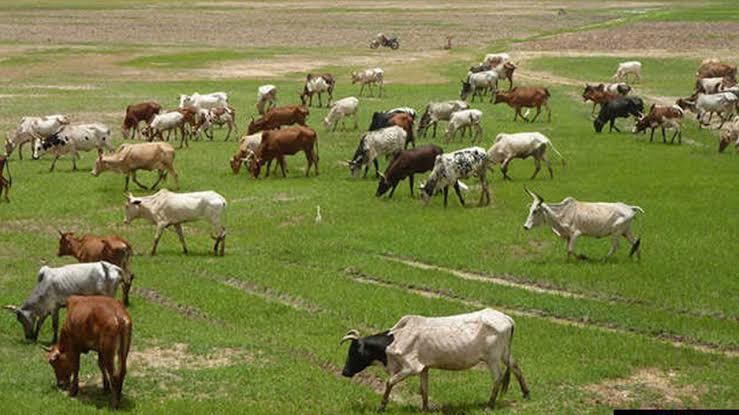Stakeholders in the agriculture sector have called for a review of the implementation arrangements of the National Livestock Transformation Plan (NLTP) to define roles and responsibilities of private sector, Federal and State Governments.
Some of the stakeholders made the call on Wednesday on the sidelines of the 2022 summit on NLTP organised by the Ministry of Agriculture and Rural in collaboration with Agriculture Correspondents of Nigeria (ACAN) in Abuja.
The Food and Agriculture Organisation (FAO) of the United Nations representative in Nigeria and to ECOWAS, Fred Kafeero, said such reviews will fast track its implementation, monitoring, evaluation, learning and accountability for the results.
Kafeero also called on the need for a strong institutional set up to drive national level implementation in a coordinated manner.
He said the measure will fast track its implementation, monitoring, evaluation, learning and accountability for the results.
He further called for the strengthening of advocacy and public awareness about the NLTP, which is critical in building stakeholders’ understanding and clarifying public perceptions about the Plan.
Speaking, Dr Andrew Kwasari, Senior Special Assistant to the President on Agriculture, said the Federal Government in collaboration with States have begun the implementation of the National Livestock Transformation Plan (NLTP) 2019 to 2028.
He said to resolve the lingering crises between farmers and herders as well as reposition the livestock sector in the country there need to reposition the livestock sector.
According to him, 22 States have sent letters of express interest to the office of the Chairman of National Economic Council and Vice President, Prof. Yemi Osinbajo, and only 10 States have set up the States Livestock Transformation Office.
He noted that States doing so well includes Nasarawa, Plateau, Adamawa and Kaduna.
Mrs Winnie Tai-Solarin, Director of the Animal Husbandry Department FMARD, said that the Summit was designed to address the misconceptions about the NLTP and to map the way forward.
She said in 2019, the Federal Government had inaugurated a 10- year NLTP (2019-2028), as an alternative to open grazing of cattle, to prevent and end the lingering crises between herders and farmers, which have claimed many lives.
The Chairman of ACAN, Oba Olasukanmi noted that the livestock sector can empower rural women and youth, improve natural resource-use efficiency, and increase the resilience of households to cope with climate change.
“An FAO report, states that livestock contributes 40 percent of the global value of agricultural output and supports the livelihoods, food and nutrition security of almost 1.3 billion people.
“In Nigeria, livestock play a major role in sustainable food systems, according to experts, the country’s livestock sector has a huge economic potential worth over N33 trillion, such a sector should never be ignored.
”Development of policies like the National Livestock Breed Improvement Programme (NALBIP), National Livestock Transformation Plan among others are welcome ideas,” he said.
The News Agency of Nigeria (NAN) reports that the NLTP is a scheme adopted by the National Executive Council (NEC) on Jan.18, 2019.
It is an initiative designed to partner with interested state governments to provide land for livestock farmers to practice their profession.
Through this programme, livestock farmers, including the controversial Fulani herders (and their employers), will have access to land for ranching.
